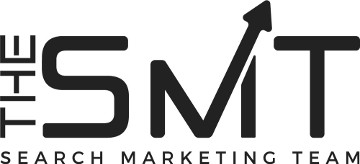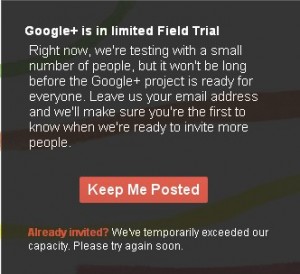Disgruntled employee, obnoxious competitor or fictitious “customers” affecting your SERP Ranking in Portland or your Google Local Business Center Listing in Portland? Google now lets businesses take action on reviews posted about their listing in Google Maps. This new “reputation management” option will help businesses in industries wherein fake or overly malicious reviews are posted.
As of Aug. 4, 2010, if you’re a verified Google Places business owner, you can publicly respond to reviews written by Google Maps users on the Place Page for your business, according to John Maguire, Google Place Page team. “Engaging with the people who have shared their thoughts about your business is a great way to get to know your customers and find out more. Both positive and negative feedback can be good for your business and help it grow (even though it’s sometimes hard to hear). By responding, you can build stronger relationships with existing and prospective customers. For example, a thoughtful response acknowledging a problem and offering a solution can often turn a customer who had an initially negative experience into a raving supporter. A simple thank you or a personal message can further reinforce a positive experience. Ultimately, business owner responses give you the opportunity to learn what you do well, what you can do better, and show your customers that you’re listening.
And Google has provided a user guide with some tips on how to handle responses.
For more on the topic and how reviews can affect your SERP Ranking in Portland or your Google Local Business Center Listing in Portland visit the links above.


